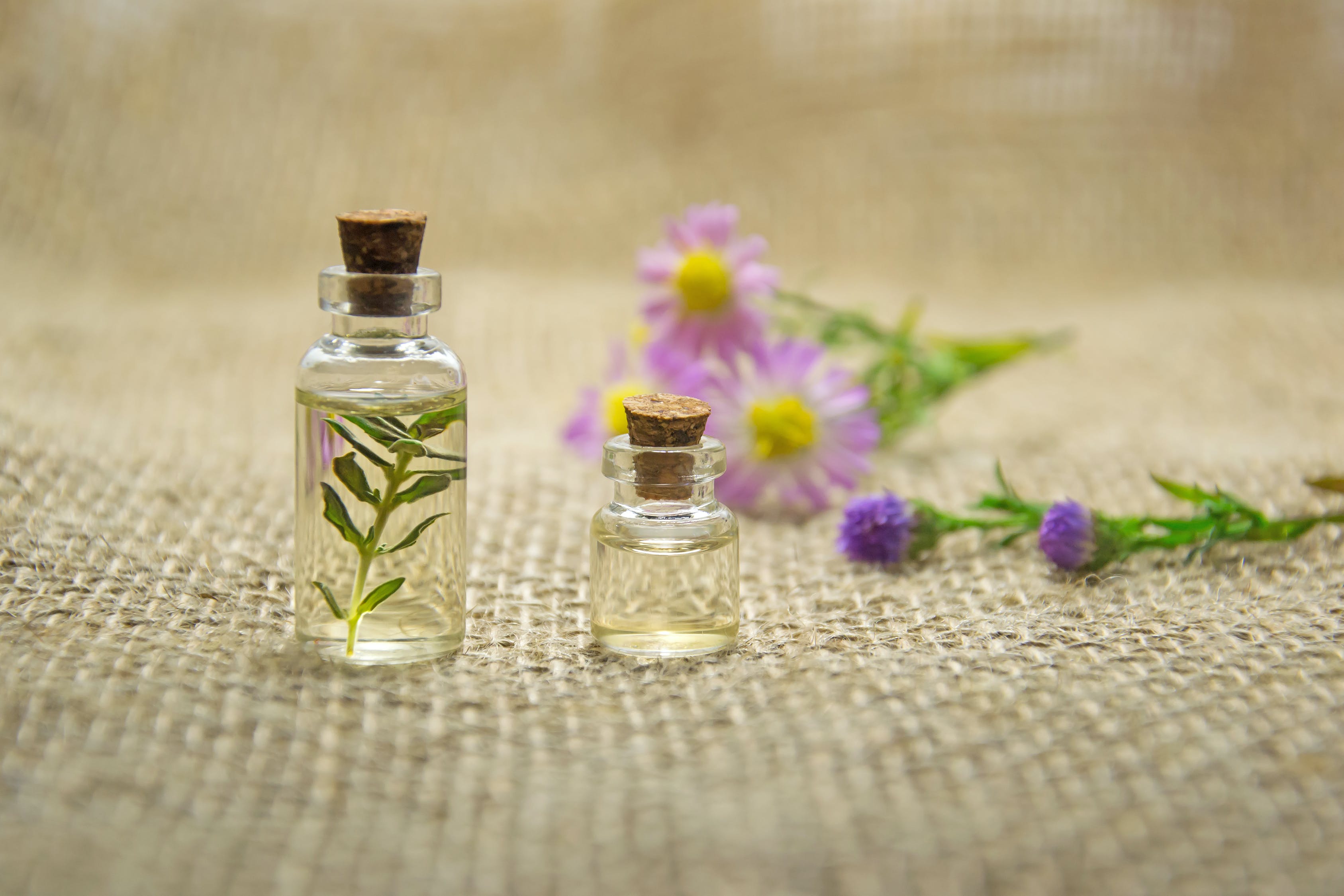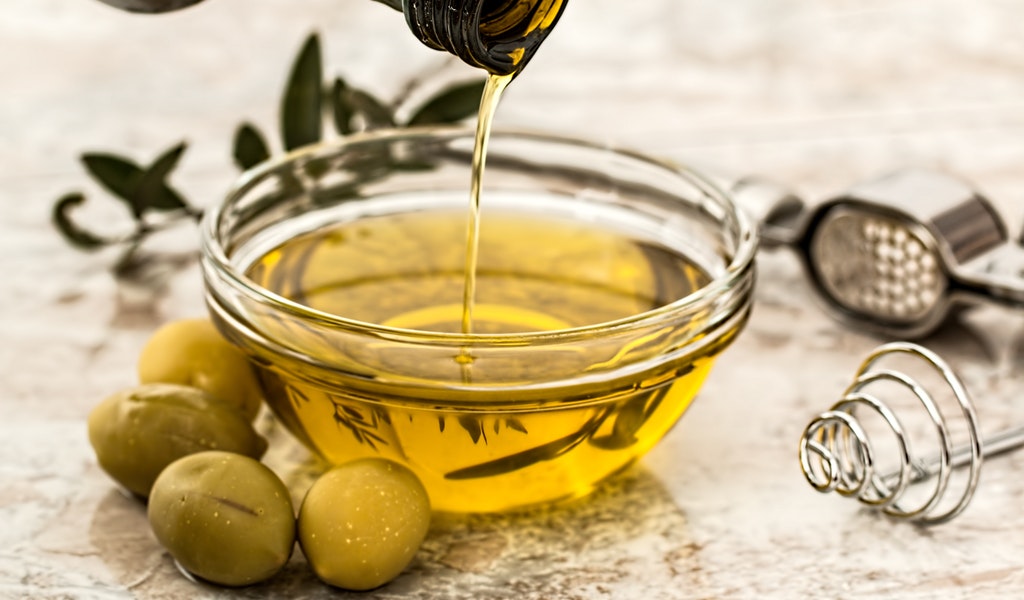Have you been wondering about the uses of some essential oils? Whether for temporary fatigue, decreased motivation, headaches or stomach aches, chaotic sleep, and others.
Well, essential oils are increasingly recognized for their virtues and their benefits on health and well-being. Many essential oils are sometimes complex to use and require some precautions to be taken into consideration.
What are essential oils?
Essential oils are powerful natural extracts of plants, harboring virtues, and effective properties on beauty and health.
In Antiquity, the Egyptians used essential oils to preserve their dead through embalming, but also to perfume themselves and to heal themselves. Indeed, their curative power was already recognized.
Indeed, an essential oil is the most powerful and evolved extract of the plant kingdom. It is present in “aromatic” plants which can also be used to create your own perfume.
It is obtained in the majority of cases by distillation by steam distillation of the volatile aromatic compounds of the plant. By using them well, it is possible to release real aromatic synergies capable of relieving, healing, anticipating, feeling more in shape, etc.
They contribute to better physical health, but also that of the mind. Be careful though, aromatherapy is a “soft” medicine in its own right, essential oils contain very powerful molecules.
It is, therefore, necessary to be very careful when using them, to respect the modes of use, and not to neglect certain precautions such as dosage, mixtures, etc. They are also not recommended for some people such as pregnant women.
Top Essential Oils and Their Uses
It is of course subjective to classify essential oils since everything depends on you and your needs. We must have heard of a lot of oils and their uses where an instance is the emu oil for eczema. By the way, some of them would be discussed below.
- Tea Tree
For me, it is THE essential oil to always carry with you, because it helps relieve many infections: ENT, skin, mouth, etc., but it is also an excellent antiseptic and anti-fatigue.
It promotes the treatment of acne, warts, yeast infection, dental abscess, digestive or gynecological infection, etc. Tonic, cleansing and purifying, the tea tree is also protective.
- True or Officinal Lavender
Ultra-versatile, a lavender essential oil is the second oil that I recommend to always keep with you. It is one of the basics of the medicine cabinet!
It is very popular in anxiety disorders, but also to fight against skin and digestion problems (you can put a few drops on the plexus in case of stress or after a too rich meal). It also relieves insect bites, sunburns and keeps lice away.
- Peppermint
It is the reference in the event of difficult digestion, but also not very fresh breath, migraine, nausea, vomiting, motion sickness, heaviness in the stomach, etc.
We love its fresh scent, but it should be used in moderation because it is very powerful. It can be used for example on a piece of sugar after a meal to facilitate digestion.
- Ylang-Ylang
This oil is a bit contradictory since it is both stimulating and calming. Its powerful and voluptuous scent acts against stress and restlessness, but it is also a real aphrodisiac for those who have a sleepy libido! It also fights against sleep disorders and temporary depressions.
- Ravintsara
If I had to pick just one in winter, it would be this one. It fights against small winter ailments by stimulating the immune system and fighting against nervous and physical fatigue. Antiviral and antiseptic, it is effective against influenza, respiratory infections, and gastroenteritis.
- Grain Bigarade
This oil is the reference in the event of stress and anxiety, oily skin, but also palpitations, sleep disorders or insomnia, depression, bloating.
- Odorous Gaulthérie
It is especially necessary if you are athletic or go for a hike, helping to fight against aches, muscle cramps, back pain, tendonitis, and strains.
- Noble or Roman Chamomile
Friend of toddlers, this essential oil should be part of your essentials, especially if you have children! Anti-inflammatory and sedative, it is ideal for treating minor ailments in children, but also the stress of older children.
It is also effective against the pain associated with toothache: the gum of a finger is massaged with a drop of chamomile diluted in two drops of vegetable oil of St. John’s Wort for immediate relief.
- Lemon
Lemon is one of the most widely used fruits in natural medicine. The antibacterial and anti-nausea, lemon essential oil will help you fight against motion sickness, nausea, but also in case of overweight as part of a balanced diet and at the end of a meal.
- Tarragon
With purifying and soothing properties, tarragon essential oil has a reputation for being effective against hiccups on the one hand but also relieves asthma and painful periods.
How to Use Essential Oils
The modes of use of essential oils are varied and adapted according to the composition and the properties.
- Oral route
It is necessary to dilute the essential oil on support. For example, we can imagine a little honey or a piece of sugar.
- Dermal
In massage on the skin, we will mix the essential oil with a little massage oil for example.
- Cosmetic route
You can mix your essential oil with your day cream or vegetable creams, up to 2% for face care, and 5% for body care.
- In the bath
Combine the useful with the pleasant and add a few drops of essential oils to your bathwater. In addition to the relaxing virtues of it, enjoy the virtues of the essential oil, and the good smells that emerge from it!
- In the air
With a diffuser or a suitable mist, breathe in your essential oils. At bedtime, you can also spread a few drops on your pillow or on a cloth, and breathe them to fall asleep (I recommend this especially in case of anxiety, stress, or sleep problems).
- In the kitchen
Add some essential oils to your culinary preparations and give your recipes a little extra.
Note: Never use non-natural essential oils, mixed with perfumes, or created from synthetic molecules. It could cause allergies and toxic effects on your body.
In addition, essential oils must be 100% pure, and not mixed with other essential oils, which are often less expensive, and considerably alter the therapeutic virtues.
Choose them organic, certifying the absence of pesticides and synthetic chemical fertilizers in plants, and therefore in your oil.
Conclusion
I believe you learned something new things about essentials oils today. So, do well by sharing it with your colleagues online. Thanks


